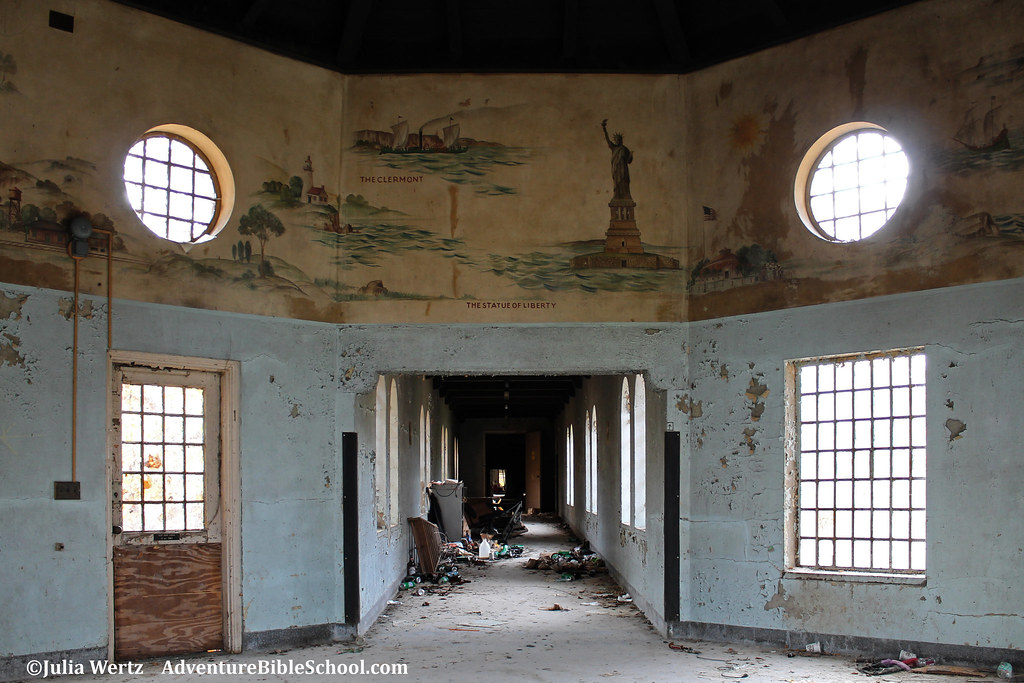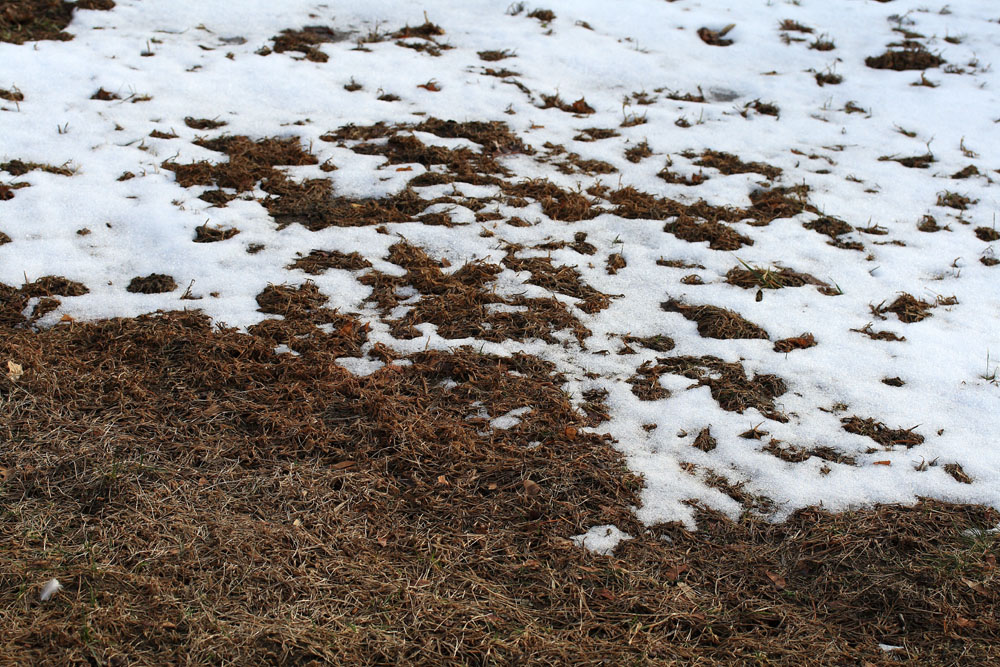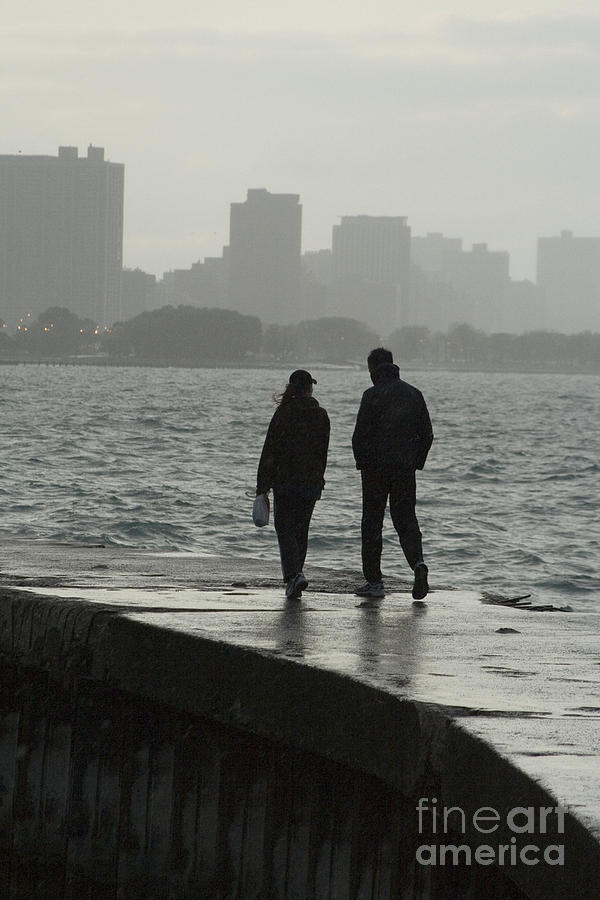Rockland
Rockland was a mental asylum in the early and mid-1900s in Orangeburg, NY.
http://abandonednyc.com/2015/08/24/striking-out-at-rockland-psychiatric-center/

Rockland
Rockland was a mental asylum in the early and mid-1900s in Orangeburg, NY.
http://abandonednyc.com/2015/08/24/striking-out-at-rockland-psychiatric-center/

’m with you in Rockland where your condition has become serious and is reported on the radio
This line implies that his condition (mental illnes) only became serious or real, when he was put into a mental asylum. The asylum instead of helping him to become better made him sick in the first place. The asylum can be seen as a representation of society since it is a social institution. Solomon and all other people who suffer from mental illnesses are therefore only becoming sick once society perceives them as being sick. --> mental illness as a social construction. Society defines what is normal and abnormal, but maybe in reality those who are defined as sick and abnormal are really the ones who are the only normal ones.
April is the cruellest month, breeding Lilacs out of the dead land, mixing Memory and desire, stirring Dull roots with spring rain. Winter kept us warm, covering 5 Earth in forgetful snow, feeding A little life with dried tubers.
Dead land, dull roots, dried tubers. These are all images of dead or dying nature. However, in the winter this is not visible. Because in the winter, everything is covered in forgetful snow. The snow covers the land and hides all the broken and dead images under its snow-white blanket. White is the color of innocence. As long ans the land is covered in snow pollution seems to be non existent or at least forgotten for some time.
However, as soon as the snow melts, the cruel reality shows its face again. That is why April is described as the cruelest of all months. It is the month that confronts mankind with the damages it has done to nature. Over the winter men could forget about pollution, because they could not see it as well as in the other seasons, when it was not covered by “forgetful snow”. Now that it melts the dull roots, and the dead land become visible again.
 Memory and desire get mixed. The memory of pollution and the desire that it was not there. But it is and April shows it, when it start waking up the dying land. The “spring rain” washes away the “forgetful snow” and confronts people with their hidden secrets. Nothings stays hidden forever.
Memory and desire get mixed. The memory of pollution and the desire that it was not there. But it is and April shows it, when it start waking up the dying land. The “spring rain” washes away the “forgetful snow” and confronts people with their hidden secrets. Nothings stays hidden forever.
The poem, therefore, starts with a relevation of pollution by the melting snow. As the poem goes on it explores and examines this relevation of pollution further.
Harlem
Why is the title of this poem "Harlem"? How does this poem describe Harlem in the early fifties? In "Quicksand" Harlem is described as a place, where every African American comes to at some point in his life. It seems to be the center of African American Life. Harlems seems to carry some kind of hopefulness for the people, who want to go there. Maybe the poem asks what happens when these hopes cannot be met. What happens when Harlem isn't that different than the rest of the world?
That corpse you planted last year in your garden,
A corpse flower is a certain sort of flower. With this meaning, the sentence could be read literally as a question about the flowers the person planted. However, there is a double meaning in this line. Corpse can also mean “dead body”. A dead body is a impurfying entity. A possible interpretation of this line would, therefore, be that mankind even pollutes their self-created nature by burying dead bodies in their gardens.
Gardens are a symbol of men wanting to dominate and control nature. They appear several times in the poem. There is the Hyacinth garden, there are the gardens with the frosty silence and other gardens in the Unreal City. In the form of these gardens, men create their own nature, within their range of control. Gardens are orderly and beautiful and predictable. Nature outside of gardens, real nature, however, is anything but predictable. It can be harsh and cruel and deadly. These features are taken from it, when creating gardens. Gardens are some kind of “fake nature”, that only present the good features of nature. They are not threatening. They should be beautiful and pure.
Pollution, however, does not make a exception for them. Mankind is, therefore, even polluting their own creation. They are not only polluting the wild, untamable nature outside of their control, but also their very own gardens. Pollution is slowly turning all kinds of nature, no matter whether inside or outside of society, into a Wasteland.
The dead body is, furthermore, polluting not only nature but society as well. Gardens are part of domesticity, the household of a person. By burying a dead body in ones household, this household or domestic realm of a person gets polluted and contaminated.
This line is also connected to the very opening of the poem: “April is the cruelest month”. In April the first flowers start to sprout, the snow that covers everything in forgetfulness and hides the secrets and sins of everyone, is melting and leaves behind the cruel reality. Pollution becomes visible in April, because there is no longer snow to cover it and everything that had be buried comes back to the surface.
“I want to be a poet–not a Negro poet,”
This reminds me of the unasked question in DuBois. What the young poet means is not what he literally says. The literal and the true, hidden meaning are different. He really wants to say: "I would like to be white". Just as the people in DuBois don't want to ask how he feels about certain events but: "How does it feel to be a problem?".
exhausted wells
Another hint to water shortage.
But there is no wate
Water is an important motif in "The Wasteland". It is one representation of nature and now by the end of the poem it seems to have run out. There is no water left. Earlier in the poem the pollution of water is described, the power of water to take a human life. Water is the most valuable good on earth. Without water there would be no life. Maybe Eliot is hinting to the wast of water and the danger that having no water would oppose to human society.
brown fog
this image reminds me of the smog that covers some big cities. Emissions pollute the air and accumulate in a cloud of brown fog above the roofs of the city. The Unreal city is causing pollution and destroying nature.
empty bottles, sandwich papers, Silk handkerchiefs, cardboard boxes, cigarette ends Or other testimony of summer nights.
The wast of society polluting the river and nature in general.
brown land
brown land sounds like dead land as if the land/nature had died. Maybe it was killed by pollution.
Thunder Said
Persinification of thunder. nature gets personified
spoke the thunder
ungle crouched
the cry of gulls, and the deep sea swell
the power of nature to take lives.
automatic
this description reminds me of a roboter hand.
Metropole
wind under the door.
nature invading non-nature, or maybe the door keeps the wind (nature) outside.
nightingale Filled all the desert with inviolable voice
synthetic
synthetic is unnatural
Oed’ und leer das Meer
It's not only waste land but waste ocean. Everything seems to be deserted.
This is as well a line from Tristan and Isolde. It is interesting, that T.S. Eliot uses the citations of Tristan and Isolde in German instead of English.
Translation: "Desolate and void the sea!"
Summer surprised us, coming over the Starnbergersee With a shower of rain
This seems kind of contradictory. Summer is usually not associated with rain.
Door. Do or.
Stein plays with language a lot. The same four letters have a very different meaning when either written together or with a space in between: Door vs. Do or. She creates a different meaning without changing anything about the letters themselves. She just sets them apart.
twenty for cent.
twenty for cent sounds like 24 cent
valleys
This image of the valley somehow reminded me of the image of the village we discussed.
To Elsie” (1923
The poem is a list of thoughts. There is no fullstops or indication of an end of a sentence in the whole poem. Not even at the very end.
nor a roof against the rain

t well may be. I do not think I would.

The Road Not Taken
Why is the title of the poem "The Road not taken", when the poem is actually more about the road the lyrical I did take? The poem describes the decision which road to take and the road taken, not the road not taken.
I took the one less traveled by
Why does the lyrical I take the less traveled way? Wouldn't it be easier to take the other one?
He
Who is he?
The woods are lovely, dark and deep
Why does the narrator think the dark and deep woods are lovely and not for example frightening (that would have been my first association)?
SEEDS in a dry pod, tick, tick, tick, Tick, tick, tick
This line is repeated at the end of the poem and functions as a kind of frame. The seeds might represent syllables or word that are added up to form a line, a rhyme, a stanza and finally a poem.
Weir Mitchell
Silas Weir Mitchell was a prominent physician in the end of the 19th century, the most prominent physician for the treatment of neurasthenia. He developed the rest cure for neurasthenia. In her short story Gilman condemns this rest cure as harmful. The protagonist of her story is prescribed a strict rest cure during which she gradually grows insane. Gilman herself was one of Mitchell's patients. In this short story she might be referring to her own experiences.
Further Info:
ise of another ideal to guide the unguided, another pillar of fire by night after a clouded day. It was the ideal of “book-learning”
The first ideal was freedom. But freedom alone doesn't enable one to compete. The second ideal, "book-learning" or Education arose. "the longing to know". Education may be just as important as freedom, or maybe it is the only way to really gain freedom. Because without education one is always dependent on those with education, doing the work they give to them.
child of Emancipation to the youth with dawning self-consciousness, self-realization, self-respect
I like this picture of "growing up". Emancipation was only the first step, the "birth to freedom". But it takes time for a child and in this case for the freedmen to find a way to live in that new gained freedom and with it, because until then they weren't used to being independent. It is like a child growing up, developing ones own identity.
Virgin had acted as the greatest force the Western world ever felt, and had drawn man’s activities to herself more strongly than any other power,
The Virgin functions as a symbol of christianity and religion in general. Religion caused men to go to war, shaped whole societies and predominated most parts of people's lives for a very long time. Therefore it was one of the most powerful forces ever known.
turned from the Virgin to the Dynamo
The turn from the Virgin to the Dynamo could be a metaphor for the turn from Religion to Science.
occult mechanism
"occult" refers usually to something secret and hidden, something that cannot be completely understood. At the same time occult is often associated with magic and mystery. Science and Occult seem to contradict each other, yet Adams is using the word occult to refer to the mechanisms of the objects. This holds the implication, that all these exhibits in the Great Exhibition seemed very mysterious and unexplainable to many people, who went there.
white sins
the combination of "white" and "sin" seems odd. White is associated with light and purity, whereas sin is the complete opposite. It is similar to the impression of a white lie, a little lie without any bad intention. This would then be a small sin without bad intentions. This would explain why only white sins are forgiven and not all sins.
They Lion grow.
The line "they lion grow" is repeated at the end of every stanza. This implies a gradual growth of the lion until, in the last stanza, it is grown to an extent that he can take action and "he comes".